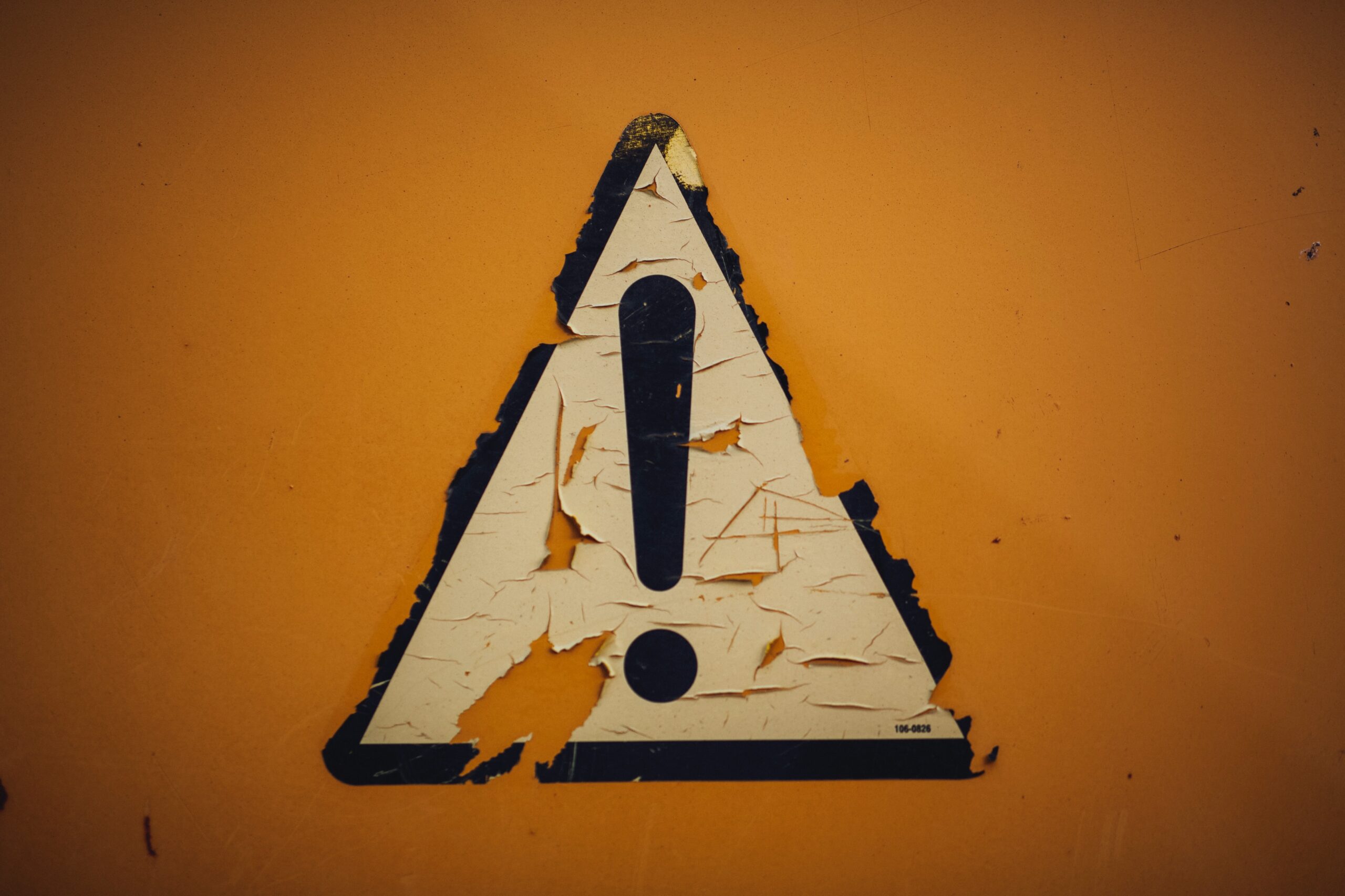I am taking an online Introduction to Sociology course by Princeton University’s Mitchell Duneier. I have always been intrigued by people who feel the need to belong in groups and those rebels who prefer solidarity. However, this week, I was introduced to a topic called Social Imagination.
We were a assigned to read an essay by C. Wright Mills, called “The Promise” . In it Mills, discusses that our viewpoint of the world is often times correct. Often times we feel that we are alone whenever we are facing tough circumstances. When we have these emotions, we can feel trapped and helpless. If we say that we are stuck or trapped, we are indeed. Mills states that,
What ordinary people are directly aware of and what they try to do are bounded by the private orbits in which they live; their visions and their power are limited to the close-up scenes of job, family, neigborhood; in other milieux, they move vicariously and remain spectators. And the more aware they become, however vaguely, of ambitions and of threats which transcend their immediate locales, the more trapped they seem to feel.
What this is saying is when we limit our existence to the things to which we are familiar, we give up our internal power of progress. We remain feeling trapped. For example, if we lose a job, it is easy fall into the belief that we are the only one–that we are worthless and have no skills, especially if all his friends still have jobs. Sometimes, this is perpetuated by people who believe it is a “personal problem”. They are the ones who superficially say “make your own way” even when they have not. But we are lacking the resources and the only option for us is to get in the unemployment line. We still feel like we are the only one; however, once we go to the local Employment Commission, we see hundreds of people standing in line waiting to apply. Our perspective broadens to the belief that “we are not the only one.”
Mills offers a solution to those that want to maintain a broader perspective despite their challenges. It’s called Sociological Imagination. It is to see our trouble as a part of larger economic condition. It is knowing that there are greater external conditions that are shaping circumstance. Its not passing blame, but realizing that everything is not our fault. One must understand what is going on in the world to understand what is happening to themselves. He submits that sociological imagination is the most fruitful of the self consciousness and those who utilize it will feel awakened and not limited by their limited perspective. Here are three steps to keep you from remaining trapped.
Question Individual Circumstances
We must inquire as to why exactly we feel stuck. Socrates, tells us the “unexamined life is not worth living”. We must ask ourselves why we are feeling this way? If we try to start a business, but end up failing, is it a skill that we need to build, or is there a larger economic condition that might be at play. For example, if is it is a recession, consumers are not spending as much in your industry. Mills suggests that in our analysis we always ask about the structure of the society as a whole, its essential components and their relationships.
Do the Research
Next we actually have to get multiple viewpoints on our circumstance. Are there many people going through our particular challenge. We might find that we are one out of thousands facing the problem. Using the previous example of starting a business, our failure might seem limited to our surroundings only. But once we do the research we will find that millions start businesses, but 95% of them fail in the first 3 years. We will realize that it is a larger problem! If we are going through a divorce, we might feel that only our family is facing problems. However, if we research further, we find that the divorce rate is increasing. We must escape our orbits of reference and see the experiences faced by other people. Ask ourselves if anyone has risen above the challenges? If so, how? If they can not transcend the issue, how are they coping with it?
Apply the Findings
This is our opportunity to apply for ourselves the things we learned in self-inquiry and gaining multiple perspectives. Apply as many solutions as we feel comfortable. We can not only be a spectator in life. We have to put down the box of tissues, put the ice cream back in the freezer, and turn off the television. Stop moping around. We might feel powerless, but building character can offset the negativity of larger forces.
In sum, when we see that we are not alone- that there are others facing the same things you and I face-we are empowered to continually build our character by applying what we find to our live. The awakening that you experience will be enough to move you passed the feeling of being trapped in a miserable existence.









